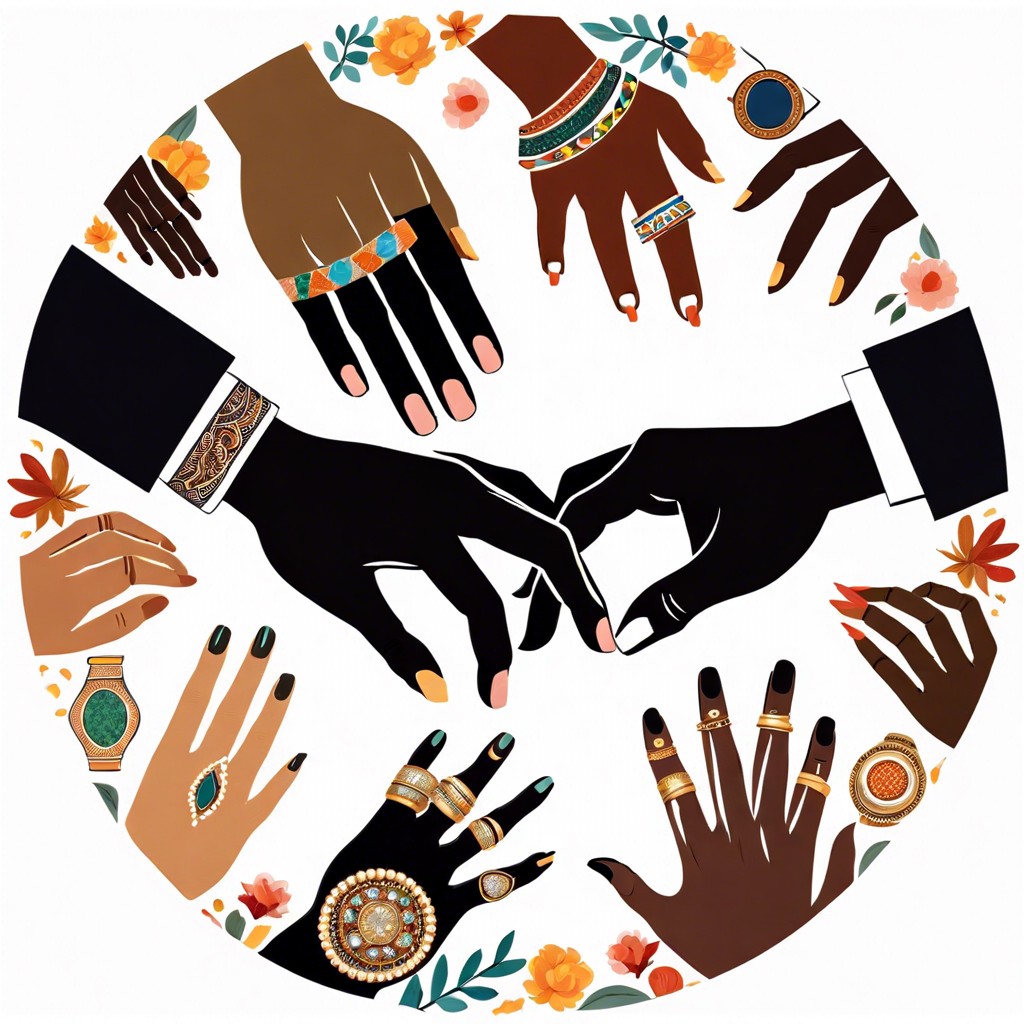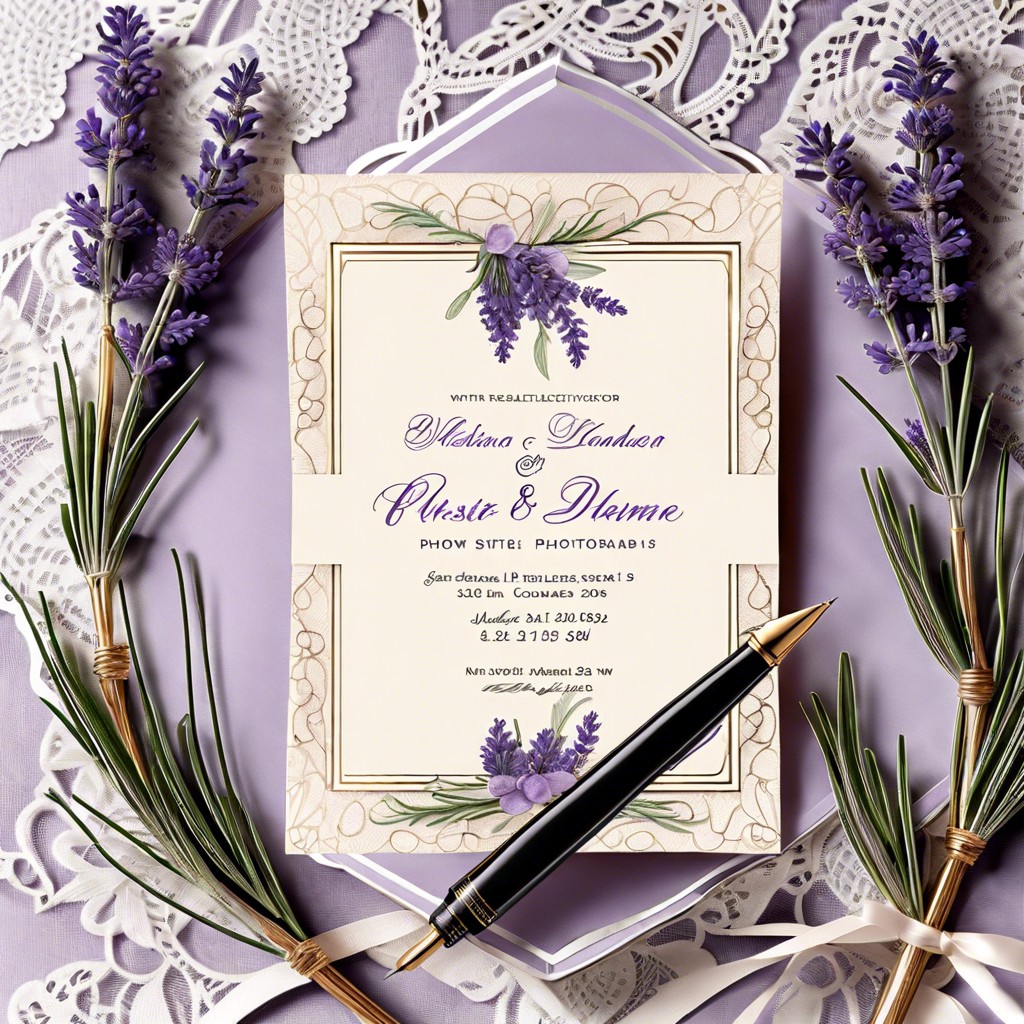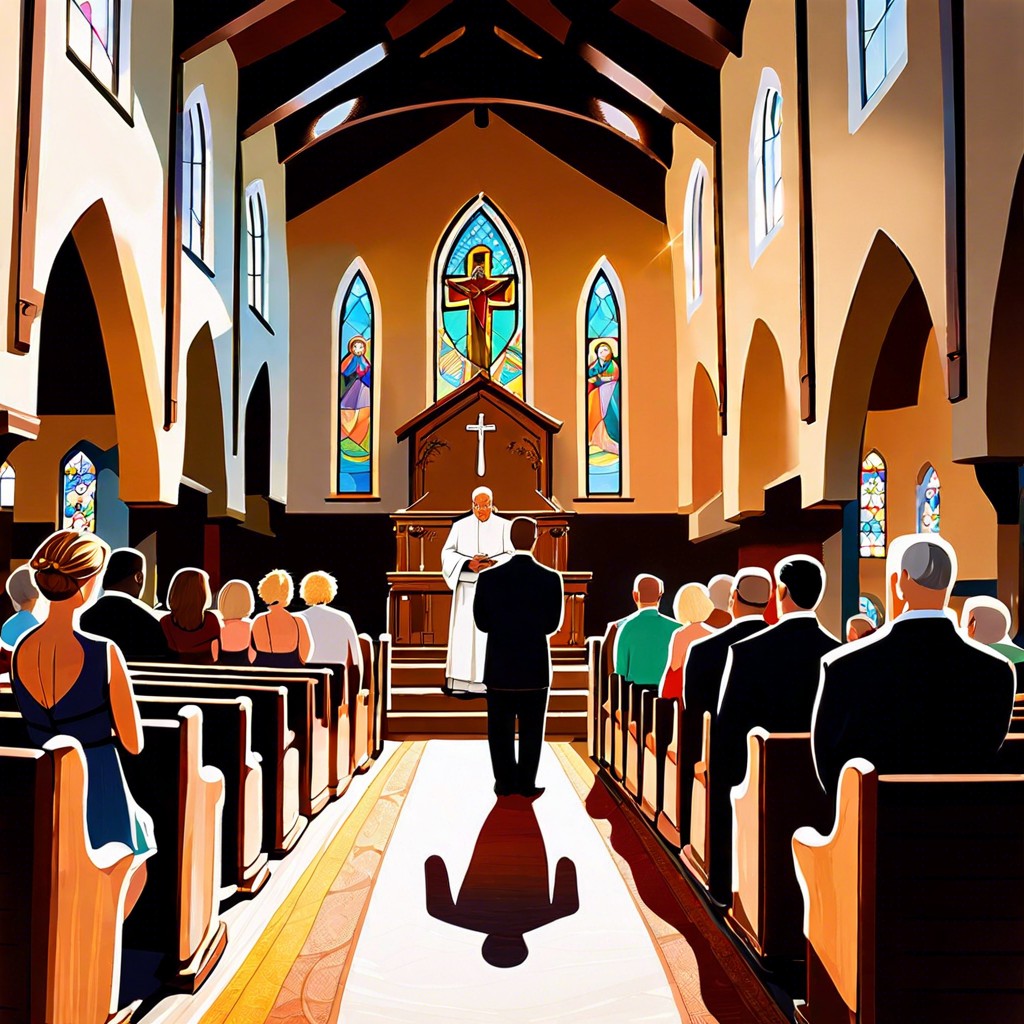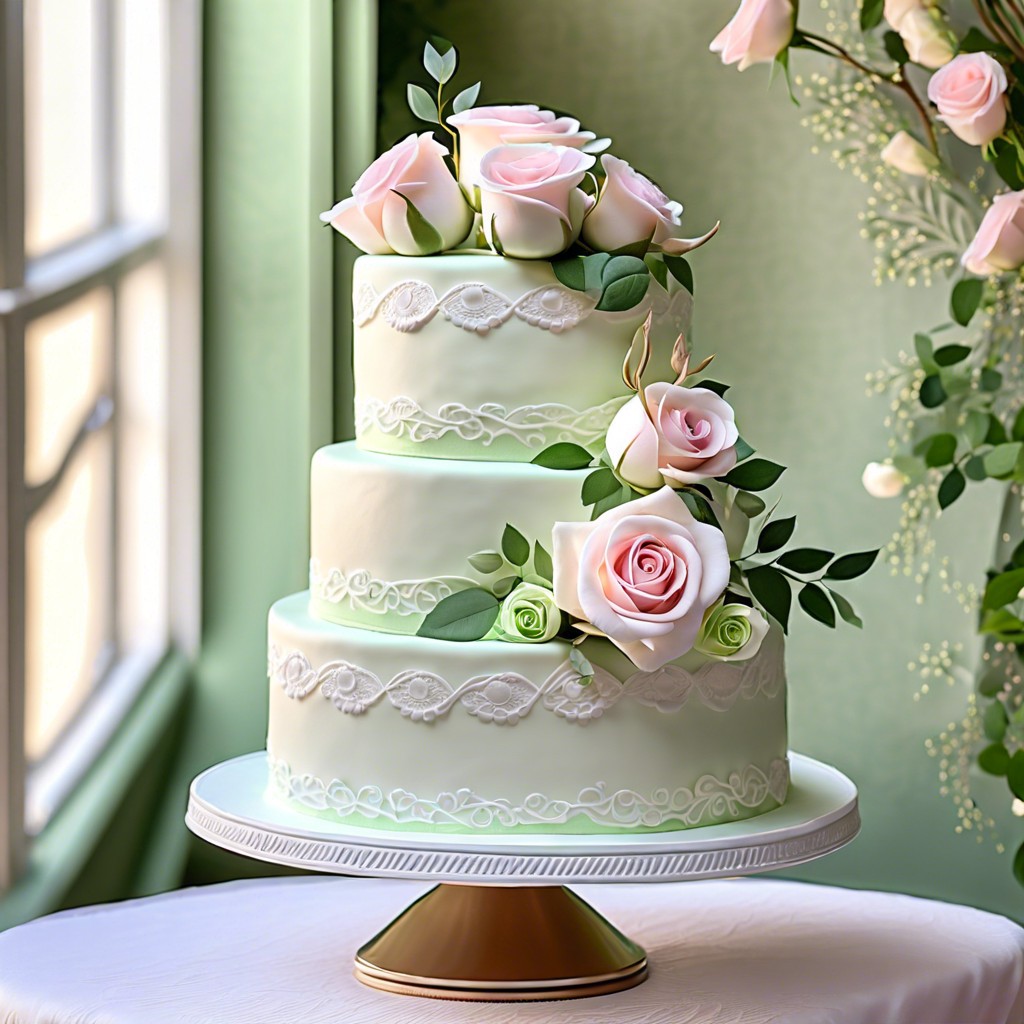Learn accurate information about the typical duration of a wedding ceremony, providing a valuable insight to assist you in your seamless wedding planning.
Key takeaways:
- A wedding ceremony typically lasts 20 to 30 minutes.
- Ceremony duration can vary based on religious and cultural traditions.
- Factors like readings, musical performances, and extra rituals can impact duration.
- Different religious ceremonies have specific lengths and practices.
- Cultural customs, such as Indian or Filipino traditions, can add time.
Average Wedding Ceremony Length

On average, a wedding ceremony lasts about 20 to 30 minutes. This timeframe includes processional, vows, exchange of rings, any special traditions, and the recessional.
Civil ceremonies are typically the shortest, while religious ceremonies can extend longer due to additional rituals.
Keep in mind that this is a guideline, and the duration can be adjusted to suit your personal preferences and the elements you choose to include. Remember, the key is to include what matters most to you and your partner while maintaining a pace that keeps guests engaged.
Factors Affecting Ceremony Duration
Understanding the influence of religious traditions is crucial for gauging your ceremony’s length. For example, a Catholic Mass can extend beyond an hour, while a traditional Jewish chuppah might last 30 minutes. Similarly, cultural customs play a significant role. A Hindu wedding ceremony, with its intricate rituals, can last several hours, whereas a simple East Asian tea ceremony will be much shorter.
Beyond these traditions, consider other ceremonial elements such as the number of readings, the length of musical performances, and whether you’ll include any extra rituals like unity candles or sand ceremonies. Each added tradition or personal touch can increase the overall duration of your ceremony.
Remember, your preferences and those of your partner will ultimately shape the length of your wedding ceremony. Tailor it to reflect your shared values and the experience you want to provide for your guests.
Religious Traditions
Religious ceremonies can widely vary in duration due to their specific traditions and practices. For example, a Catholic wedding Mass typically lasts about an hour, as it includes a full liturgy and Holy Communion. In contrast, Jewish ceremonies often run for 25 to 30 minutes, centering around the chuppah rituals and the seven blessings. Meanwhile, Hindu weddings are one of the longest, potentially extending over several hours, as they comprise of various rites such as the Saptapadi, or the seven steps.
In Islam, the Nikah ceremony is relatively brief, usually concluding within 30 minutes, but can often be preceded or followed by longer cultural celebrations. Protestant weddings can be relatively short, around 20 to 30 minutes, if they include basic vows and blessings. Remember, speaking with your officiant is imperative to understanding the flow and anticipated length of your religious ceremony.
Cultural Customs
Cultural traditions are woven into the fabric of many weddings, reflecting the rich histories and values of both families. For instance, a traditional Indian ceremony, known as a Vivaah Sanskar, can span several hours or even days with various rituals.
A Filipino wedding may include the “Tying of the Nuptial Cord” and “Coin Ceremony,” extending the event with these meaningful customs.
In a Jewish wedding, the signing of the Ketubah and the seven blessings (Sheva Brachot) add layers to the proceedings, while a Chinese tea ceremony symbolizes respect and gratitude towards family and can lengthen the overall time.
Meanwhile, some African weddings feature libation ceremonies, and elaborate processions, which may add significant time to the celebration. It’s essential to research and honor these elements when they’re part of your heritage, all the while considering how they influence the ceremony’s length.
“I Just Want the Legal Stuff”
For couples seeking a straightforward ceremony, focusing on the legal essentials is key. This typically requires:
- Exchange of vows: A verbal commitment between partners, which can be as brief as a few sentences.
- Exchange of rings: While not legally mandatory, it’s a commonly accepted symbol of the vows taken.
- Pronouncement of marriage: An officiant declares the couple legally married.
- Signing the marriage license: A critical step, as this document legalizes the union.
These core elements can be completed in just a few minutes, ensuring the ceremony is brief while still recognized by law.
FAQ
How long is wedding ceremony usually?
The typical duration of a wedding ceremony ranges from 20 to 30 minutes, although this can vary based on religious denomination, chosen activities, and observed traditions.
Is a 15 minute wedding ceremony too short?
No, a 15-minute wedding ceremony is not too short as it falls within the range of preferred ceremony lengths of 10-15 minutes or 20-30 minutes according to popular opinion.
Is 4 hours enough for a wedding ceremony and reception?
Yes, 4 hours is generally sufficient for a wedding ceremony and reception to include key events such as cocktails, dinner, toasts, and dancing.
How long should the officiant speak at a wedding?
The officiant at a wedding should ideally speak for 5-15 minutes.
How does the type of wedding ceremony influence its duration?
The type of wedding ceremony significantly influences its duration as traditional ceremonies, like Catholic or Hindu weddings, often last for hours due to multiple rituals involved, while civil ceremonies or elopements can be as brief as 20 to 30 minutes.
What factors should be considered when planning the length of a wedding reception?
The duration of a wedding reception can be determined by factors like the number of guests, venue availability, complexity and formality of the event, additional activities such as dancing or games, and the couple's budget.
How can time be effectively managed between ceremony and reception?
Effectively managing time between ceremony and reception can be achieved by establishing a realistic timeline, buffering for unexpected delays, and having a coordinator to ensure smooth transitions.



